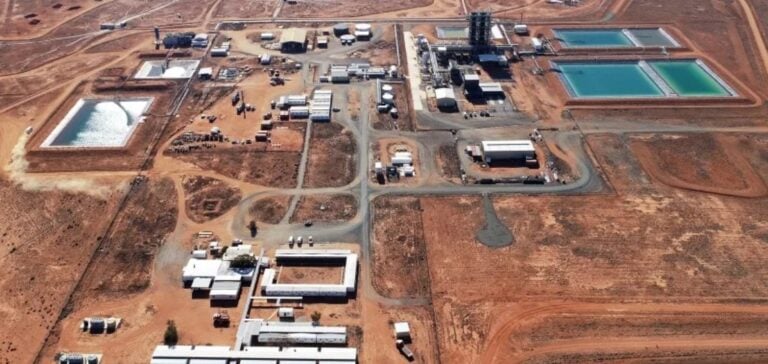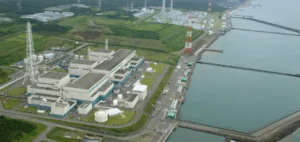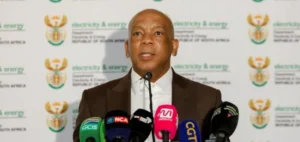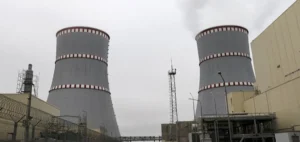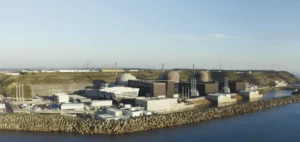Boss Energy has successfully restarted operations at the Honeymoon project, taken over in 2015 by the Australian group. The pre-conditioning process began in October 2023, closely followed by commissioning of the first ion exchange circuit. Duncan Craib, Boss CEO, emphasizes the effectiveness of the mining and processing strategy adopted.
Performance beyond expectations
Initial results exceed feasibility study forecasts. The company reports concentrated production of high-quality uranium, resulting from efficient recovery of the resin charged in ion exchange columns. This performance illustrates the advanced technical capability of the plant.
Accelerating production
Following the successful processing of the first barrel of uranium, Boss plans to increase the production rate and mine life at Honeymoon. The current mining plan utilizes 36 million pounds of the total JORC-certified resource of 71.6 million pounds, with a uranium mineral export license of 3.3 million pounds per year.
Progress and potential at Alta Mesa
Boss also anticipates the start-up of production at Alta Mesa in the coming weeks. Having acquired 30% of the project from enCore Energy, Boss shares a production capacity of 500,000 pounds per year with significant potential to expand the capacity of the central processing facility.
The uranium sector, influenced by price fluctuations and regulatory challenges, is seeing a recovery driven by innovation and technological advances at players like Boss. The resumption of production at Honeymoon and Alta Mesa marks a potential turning point for uranium supplies.


